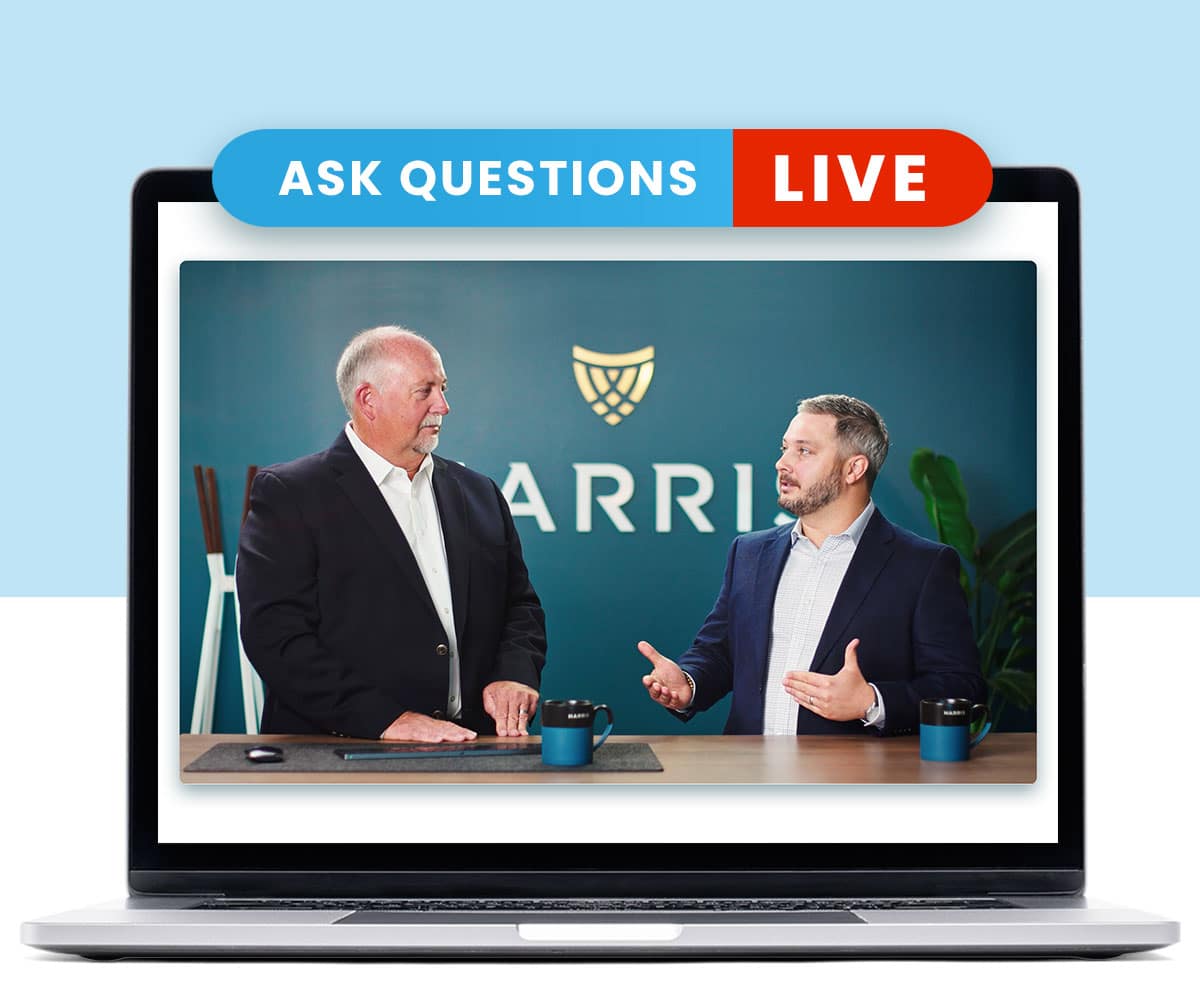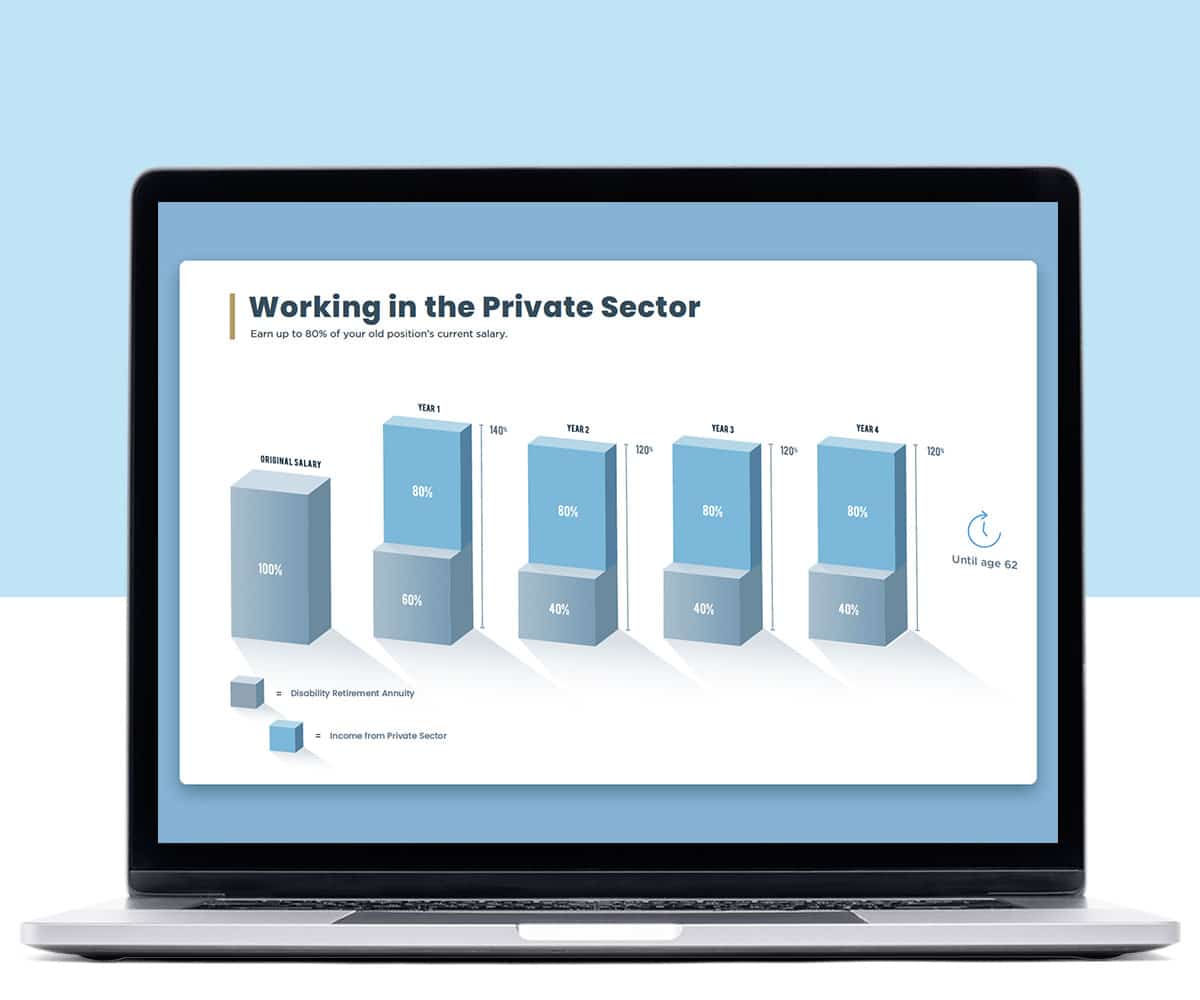If you become one of those unlucky federal employees who receives a payment from the Office of Workers Compensation Programs (OWCP) followed by a notice that you have been overpaid don’t pull your hair out. OWCP overpayments can occur and you need to know what to do if that happens.
Instead, request a telephonic conference with the District Office on the issues of fault and possible waiver of the overpayment. You should send in your appeal form from that initial decision of overpayment accompanied by Form OWCP-20. In this article I will discuss the laws and guidelines you should consider in making your arguments.
1: Does the Timeline Support a Finding of Fault?
Whether or not the Office determines that an individual was at fault with respect to the creation of an overpayment depends on the circumstances surrounding the overpayment. 20 CFR 10.433(b)
The ECAB has held that an employee who receives payments from the OWCP in the form of a direct deposit might not be at fault the first time an incorrect payment is deposited into her account. J.H. and U.S. Postal Service, 111 LRP 56750 (ECAB 2011).
In situations where an equally valid argument can be made both for “without fault” and “with fault,” the benefit of the doubt should go to the claimant, and a finding of without fault should be made consistent with the nature of FECA as social legislation designed to benefit entitled employees. Daniel A. Mashe, Docket No. 05-669 (issued October 5, 2005). In general, if the evidence shows either a lack of good faith or failure to exercise a reasonable degree of care in reporting changes in circumstances that may affect entitlement or the amount of benefits, an individual will be found with fault. Steven A. Berndt, 51 ECAB 402 (2000). However, when evaluating the degree of care expected of an individual, OWCP should consider both the complexity of the circumstances surrounding the overpayment and the capacity of a particular individual to realize that he or she is being overpaid. See 20 CFR 10.433(b).
The Procedure Manual Chapter 6-0200
The Procedure Manual Chapter 6-0200 discusses the analysis the Office should employee regarding findings of fault. Specifically, it states that in determining whether the claimant is with fault or without fault for receiving an overpayment, OWCP should apply the “reasonable person test.” L.C., 59 ECAB Docket No. 08-209 (issued June 16, 2008) (ECAB held that it was “not reasonable” for the claimant to expect that she could receive compensation for total disability from OWCP and also receive sick or annual leave from the employing agency). Factors may include age, intelligence/comprehension, education, demonstrated degree of familiarity with the compensation system, consistency of actions, physical and mental condition, clarity of correspondence and/or telephone advice from OWCP or the employing agency, and/or other factors which can reasonably influence whether a claimant can be considered to have been aware that an error in payment occurred.
The Procedure Manual further states that in determining whether an individual is with or without fault for receiving an overpayment, OWCP should consider all circumstances surrounding the overpayment such as the individual’s understanding of any reporting requirements, the agreement to report events affecting payments, knowledge of events that should have been reported, efforts to comply with the reporting requirements, opportunities to comply with the reporting requirements, understanding of the obligation to return payments which were not due, and the ability to comply with any reporting requirements. As noted above, ability to comply includes consideration of the individual’s age, education, comprehension, memory, and physical and mental condition.
If you exercised a reasonable degree of care in reporting changes that would affect upcoming entitlement, the Office should not find you with fault.
The Procedure Manual offers an example, citing Marcia L. Wright, 37 ECAB 435 (Mar. 28, 1986), where it was determined that notification of change in dependents fifteen days after the change was timely and reasonable. In that situation, the Board found the claimant to be without fault.
2: Is Their Overpayment Creation Date Correct?
The law regarding when income is realized reflects that income generally means “undeniable access to wealth, clearly realized, and over which the taxpayers have complete dominion,” reflecting the idea that a person does not actually realize income until it is received. See Commissioner v. Glenshaw Glass Co., 348 U.S. 426.
3: Is Their Calculation of Overpayment Correct?
Pursuant to PM 6-0202, “The calculation of the overpayment must be in writing in the case record. In performing the calculations, the CE should use the worksheet calculation capabilities of the Automated Compensation Payment System (ACPS), for compensation paid since 1981).”
6-0204 “…the CE should document the calculation of the overpayment in the case record and forward the case to the Overpayment Examiner for certification…the OE is responsible for determining whether the claimant was with fault or without fault, issuing a preliminary finding, and unless a hearing is requested, the OE is responsible for issuing a final decision”
4: Can the Office Administratively Terminate Debt Collection Pursuant to PM 6-0208?
From the Procedure Manual 6-0204(b), “The OE should also consider the provisions for the administrative termination of collection action for overpayments less than $700 (see paragraph 8a of this chapter).”
Paragraph 8 is entitled “Administrative Termination of Debt Collection (OWCP Overpayments of less than $700) and states:
“The Federal Claims Collection Standards (FCCS), 31 CFR 902.2(a)(3), state that a claim may be compromised if the “cost of collecting the debt does not justify the enforced collection of the full amount.” 31 CFR 903.3(a)(3) states that agencies may terminate collection activity when the “costs of collection are anticipated to exceed the amounts recoverable.”
In a decision issued on September 29, 1986, the Comptroller General concluded that these standards extend to the collection of debts from Federal employees, and that agencies may establish “minimum debt amounts” and realistic “points of diminishing returns” in their debt collection activities. The term “minimum debt amounts” refers to the designation of categorical thresholds beneath which collection action need not be initiated, because the amount of the debts in that class are so small in relation to the costs of attempting collection efforts.”
“Diminishing returns” refers to an agency’s designation of debt collection efforts the agency initiated, but will discontinue, when it appears that the costs of additional collection actions would exceed the amounts likely to be recovered. Further, the Comptroller General instructed that agencies may, on a case-by-case basis, take the anticipated costs of required administrative hearings into consideration when determining whether to compromise or terminate collection action.
Although the General Accounting Office’s role in collecting debts owed the United States has been redefined, current Department of the Treasury guidelines continue to follow the September 29, 1986 opinion of the Comptroller General.
a. When an OWCP overpayment to a beneficiary is between $201 and $699, OWCP may, on a case-by-case basis, elect to accept or propose a compromise offer, or terminate collection action, if the costs of collection of the full overpayment are likely to exceed the amount recoverable.
Considerations for OWCP Overpayment Recovery in Federal Compensation
(If the overpayment is less than $700, refer to paragraph 3 of this chapter.) However, such action will not be taken prior to the issuance of a preliminary finding and release of Form CA-2201 or Form CA-2202 in accordance with the procedures described in paragraph 4 of this chapter. The factors to be considered in this regard include:
- What are the potential costs to pursue this particular case, and are those costs likely to exceed the amount owed? See exhibit 5 for a schedule of processing costs).
- Can the individual be located?
- From what might be known of the beneficiary (financial status, ability to pay, etc.), what is the likelihood of collection?
- If there has been a previous overpayment, what was the outcome? Amounts still owed from previous overpayments should be factored into the decision. However, separate overpayment occurrences involving the same beneficiary, if due to differing circumstances and potentially requiring expenditure of differing costs to pursue, may be considered separately.
- Do the circumstances resulting in creation of this overpayment, or the overpaid individual’s actions, demand that recovery be pursued? Considerations may include whether the individual made willful attempts to mislead or engaged in obvious shirking of the reporting responsibilities.
The status of an overpaid individual on Federal compensation or retirement rolls, or in current employment with the Federal government, shall not preclude OWCP from giving these considerations. However, if a claimant is being paid compensation on the periodic roll or an annuity from OPM, or is due accrued benefits from either OWCP or OPM, and does not respond to the preliminary overpayment decision, a final decision should be issued and the debt should be recovered from such benefits as quickly as possible. Proper regard to the notice requirements must be given before actually commencing the offset of ongoing benefits (see Chapter 6-300.8c and 6-300.10b).
Brad’s tip: Obviously, you should have made no willful attempts to mislead or engage in the shirking of your reporting responsibilities. You can expect no mercy under those circumstances.
There is no reason to pull your hair out until you have at least checked to see if you are entitled to consideration of Administrative Termination of the alleged overpayment because you were not at fault or the debt is small enough for the government to waive.
This article was written by attorneys Brad Harris and Leah Bachmeyer Kille of the Harris Federal Law Firm. You can contact them at Harris Federal law Firm (877) 226-2723 or mail@harrisfederal.com.



